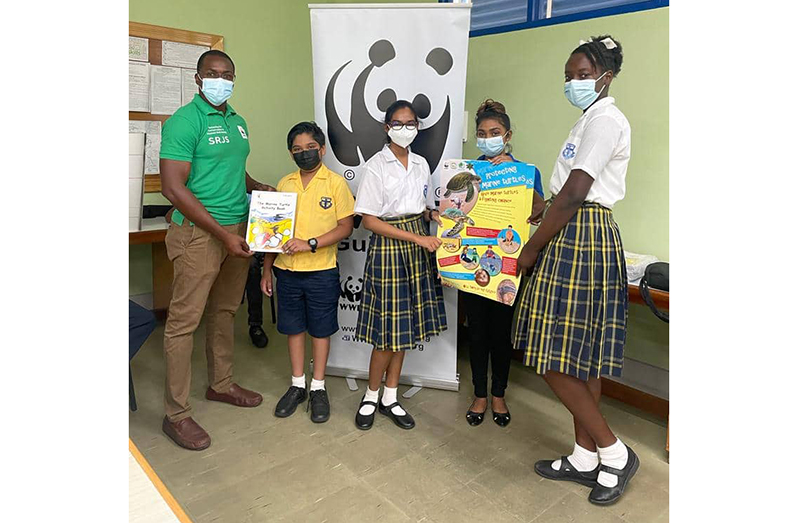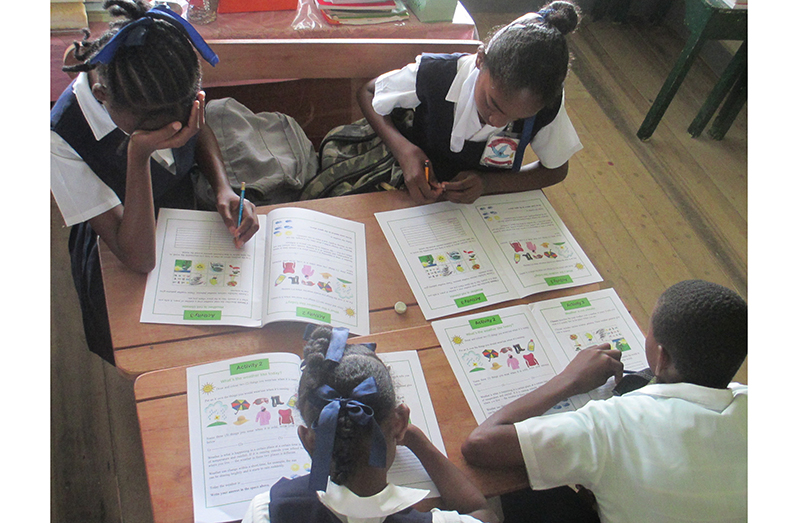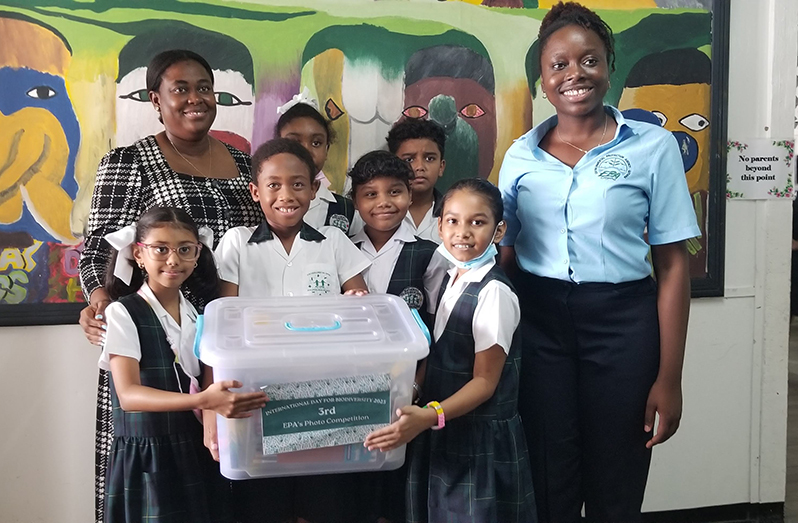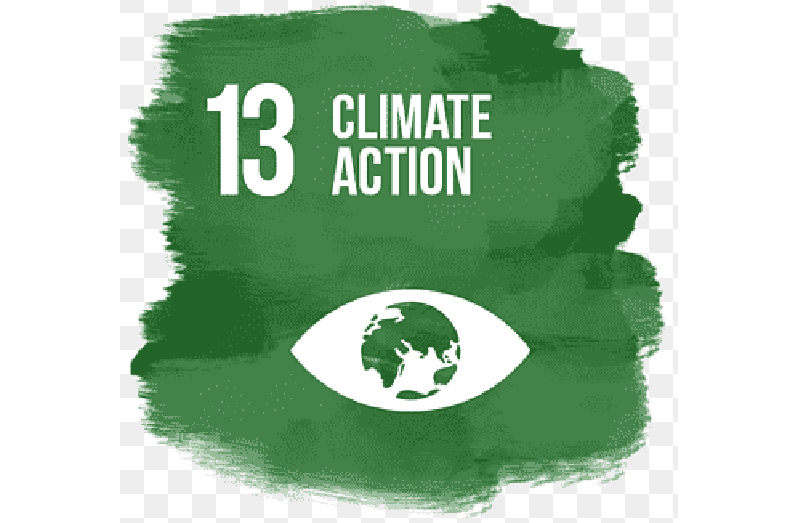THE United Nations has issued a stark warning by declaring that the earth is now in an era of “global boiling” due to global warming, which results in climate change. This global phenomenon will affect everyone, but the impacts on the younger generation can be overwhelming as they comprise almost a quarter of the world’s population. Climate change, as we know it, is a devastating reality that our youth will come to know and bear the brunt of its consequences. According to the United Nations, children and youth are among the most vulnerable groups to climate change, posing one of the biggest threats to their health and future.
No one is immune to the effects of climate change, especially children and youth. Altering weather patterns and disturbances to ecosystems have profound implications for human health. Many of the global killers of children, such as flooding and drought, are sensitive to climatic changes. Currently, children are dying from a small number of preventable and treatable diseases and conditions, including diarrhoea, malaria, and malnutrition, exacerbated by climate-related changes. Young people generally have fewer assets and live on lower incomes than older adults.
Among young people, those who are worst off are most exposed to climate shocks, making them extremely vulnerable to the destructive impacts of climate change.
Climate change increases outdoor air pollutants like dust from droughts and ground-level ozone. It should be noted that children and young people are estimated to suffer more than 80 percent of the illnesses, injuries, and deaths attributable to climate change. Changing weather patterns also affect agriculture. As the world warms, hunger and water shortages become more prevalent. Failed rains cause crops to wither and livestock to die, exposing children to starvation and diminishing water supplies for drinking and hygiene.
In addition to the impact on physical health, the climate crisis may also lead to mental stress, particularly among young people, as they are still developing physically and psychologically. This shows a definite need for intervention and action to reduce the severity of the impacts on our young people.
Educating the next generation about climate change is more crucial than ever. Youth have the right to understand the impacts of these significant challenges and learn how they can contribute to solutions by living sustainably. They need to enjoy and respect nature. Encouraging outdoor play nurtures their appreciation for the environment.
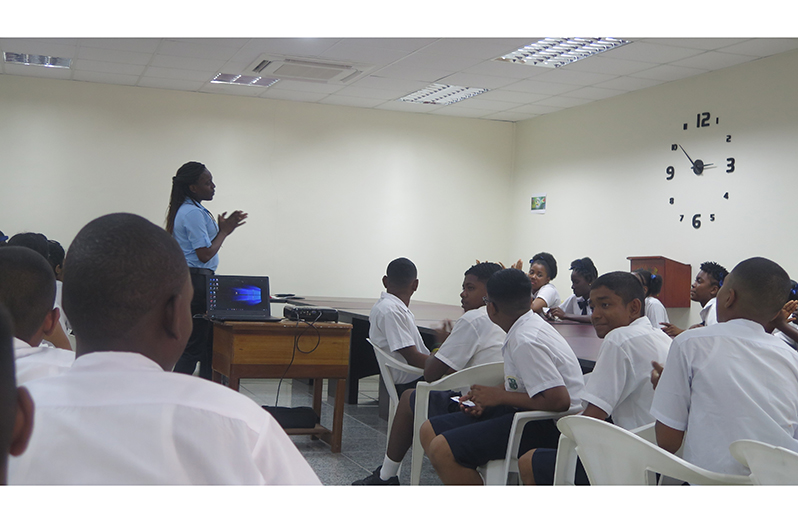
This is why the EPA Guyana has been working with educators nationwide, holding Environmental Education Training sessions with teachers to integrate environmental education into school curricula. Additionally, the agency constantly participates in outreaches, workshops, exhibitions, open days, and other events focused on educating young people about the role of the agency and their role in the fight for environmental awareness.
We only have one Earth, and we must take care of it. For the sake of our youth and future generations, combating climate change is imperative.
The environment is everybody’s business; let us take action to safeguard our youth.
You can share your ideas and questions by sending letters to: “Our Earth, Our Environment”, C/O Communications Department, Environmental Protection Agency, Ganges Street, Sophia, GEORGETOWN, or email us at: communications@epaguyana.org. Follow us on Facebook and Instagram and subscribe to our YouTube channel.



.jpg)




